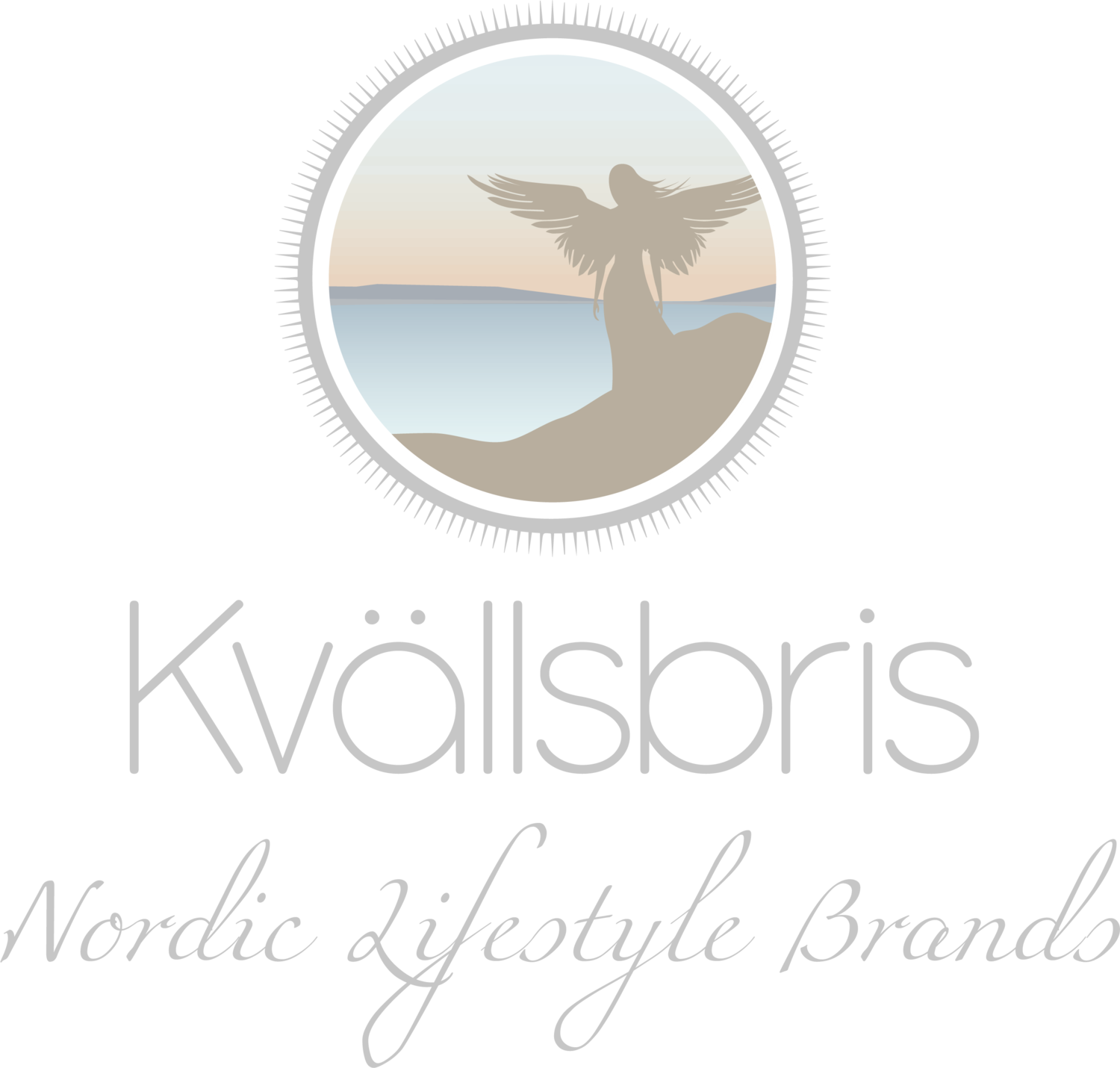Today, many textile buyers keep sustainability and eco consciousness high on their agenda when choosing manufacturing partners for their collections. However, there are a myriad of factors to take into consideration in order to make informed decisions in complex production cycles such as that of textiles. Himla’s linen and cotton fabric production is Oeko-Tex Standard 100 certified to ensure that our retailers and end customers are guaranteed a product which has been manufactured with the safety of the environment in mind at the same time as it is safe for those who produce as well as for those who use the products.
Oeko-Tex is a trade mark that represents the certifications issued by the International Association for Research and Testing in the Field of Textile and Leather Ecology. These certifications ensure that the textile product is both human and ecologically safe throughout all stages of its production, from raw materials to end product. One of the key certifications offered by Oeko-Tex is Standard 100, developed in order to provide an internationally standardised benchmark for measuring the amounts of hazardous chemical that can be present in a fabric. It is now one of the largest such certifications worldwide. In order to gain Oeko-Tex Standard 100 certification, the fabric used in the making of a finished product must undergo rigorous testing to certify that it is both human and ecologically safe. Every thread, button and any other accessories in a garment or textile product has to have been tested for harmful substances to ensure it is safe in human and ecological terms in order to qualify as Oeko-Tex 100 certified. The tests are conducted by independent Oeko-Tex partners and include measurement of several hundred substances, both those with legal limits and those without that have been found to be harmful, as well as ensuring the fabrics have a skin-friendly pH and good colour fastness. As the development of new materials is fast moving, the criteria catalog is updated at least once a year and expanded as new scientific knowledge or statutory requirements emerge. As a result, certifications are valid for one year once issued and allow for consumers to check whether a product is genuinely Oeko-Tex approved using a label number found on the finished product.
Selecting an Oeko-Tex certified manufacturing partner will ensure the credibility of any retailer’s ecological strategy as it can be very difficult for buyers to keep up to date with the legal situation concerning harmful substances on an everyday basis. With certified Oeko-Tex Standard 100 textiles, the end customer can be sure that they are buying a product produced with minimal environment impact and with the health and wellbeing of humans and the planet in mind.
You can read more about Himla’s environmental production on https://www.kvallsbris.co.uk/#/himla or www.himla.com.


